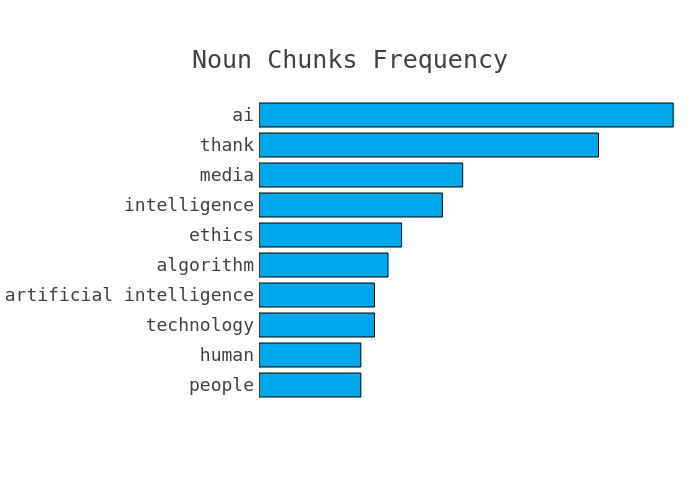AI ethics & internet governance: global lessons & practices
10 Dec 2021 12:45h - 13:45h
Event report
Social media and mobile apps are currently part of everyday lives. This means that people often see the outside world through the lens of artificial intelligence (AI) as societies have rapidly adopted AI-powered autonomous systems and algorithms that have a significant impact on billions of AI users. However, for most users, AI-based systems are simply ‘black boxes’, leading to massive information asymmetries between AI developers and users or policymakers. In this workshop, the panellists discussed concerns and moral dilemmas such as whether AI and robots will pose a threat to humans in the long run.Each panellist gave a brief outline of relevant talking points to discuss during the workshop, coming from different perspectives.
Mr Lu Wei (Professor and Dean, College of Media and International Culture, Zhejiang University) claimed that AI should not be taken as an unquestionable panacea. There are risks to adopting this kind of technology and these deserve scholarly attention. For instance, there is a concern about the creation of filter bubbles online that only echo people’s pre-existing biases. Wei also mentioned privacy concerns. Given the unclear trade-off between risks and benefits, governments need to enhance AI governance discussions and policy development.
AI is not a monolithic entity. There are many different AI systems and applications, with different degrees of autonomy, noted Mr Matthieu Guitton (Professor, Faculty of Medicine chez Université Laval). Given the recent emergence of AI, we have more questions than clear answers to the dilemmas posed by the implementation of AI. The question that stems from this perspective is then, what will be the degree of autonomy we humans allow the AI systems to have and to decide over our lives?
AI systems have a hard time understanding human emotions and they do not have empathy, Ms Renata Carlos Daou (international student from Brazil, Penn State University) pointed out that. Therefore, AI companies must think beyond profit and give further importance to ethical considerations when developing and implementing AI systems.
Ms Lola Xie (doctoral student, Pennsylvania State University) talked about how AI impacts people who rely on health-related information online and how that has changed over time with the advancement of algorithmic recommendations. In particular, she focused on eating disorder information online and raised the lack of transparency of social media recommendation algorithms, which according to her research with influencers that share their recovery stories, disfavour preventive and healthy habits information over showcasing negative role models.
The panellists also discussed how AI might impact the already existing inequality between countries. There was a call for collaboration through international organisations to reduce the digital divide. Furthermore, it was suggested that underdeveloped countries should invest more in education and training for the development of technology. That would not only help bridge the technology gap between countries, but also within countries given the rural/urban divide.
By Paula Szewach
Session in numbers and graphs




Automated summary
Diplo’s AI Lab experiments with automated summaries generated from the IGF sessions. They will complement our traditional reporting. Please let us know if you would like to learn more about this experiment at ai@diplomacy.edu. The automated summary of this session can be found at this link.Related topics
Related event

Internet Governance Forum (IGF) 2021
6 Dec 2021 10:00h - 10 Dec 2021 18:00h
Katowice, Poland and Online
